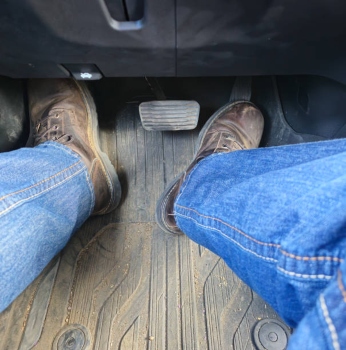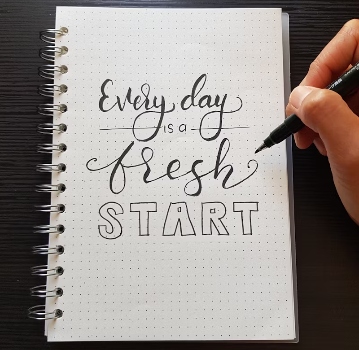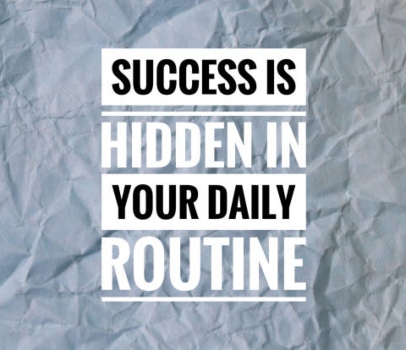Understanding Your Life’s GPS and Finding Direction
A friend and I were recently discussing the sense of overwhelm and out-of-control feeling that we were both experiencing. There are so many worthwhile, valuable things pulling at our attention. How will I ever get them all done?
My to-do list is so long there’s not enough time to read it…let alone do it.

I’m tired of being stuck in this rut. I want a way out.
Some of the things on our lists, like classes and training, should be helpful. But too often, they just end up feeling like more things to check off.
Most of us want a clearer direction, but we’re not sure what that even looks like.

Since our discussion, I’ve been thinking and studying about how we can achieve our goals. It became clear that almost every approach to goal setting is essentially the same. Sure, there are small, nuanced differences, but they’re really all the same at their core.
Funny thing is, sometimes we need to hear the same thing several times before it resonates with us. Who knows why? Maybe it’s the speaker, or the form of presentation, or maybe it’s just timing, who knows? But suddenly, it lands.
This happened to me recently when I was going through Mark Shinnerer’s, Vision Building course. He compares creating a life plan to using a GPS. There really are a lot of similarities between the two.
One thing that’s critical to achieving goals is prioritization.

This is one of the things I struggle with most. When I’m staring at that mountain of important, worthwhile tasks…where do I even start? This indecision is where momentum gets lost.
Think about it like this: when going from here to there, using a GPS (Global Positioning System) we start by entering a destination. From there, it gives us some optional routes. In life, we need something similar. We need to use a Goal Prioritization System. This system will help us determine the path we will take to reach our purpose destination.
Here are some GPS similarities:
- Determine where you want to go before you start. – Knowing where you want to go will make the trip more productive. That doesn’t mean that you can’t change the destination later, but frequent detours will slow your progress.
- Choose which of the routes you’re going to take. – There are options: fast and direct, scenic and slow? There’s no right or wrong answer, just choose a path and get started. As you are on your way you can change your mind, and the GPS will reroute you.
- Unexpected things out of your control will happen. – You may encounter road work, traffic, or a flat tire. These things require some adjustment to your schedule and/or possibly your route. Remember, some things are out of your control, but how you respond to them isn’t.
- Unplanned things that will be in your control. – When en route, you may encounter scenic stops. Or you might come across someone else who’s in trouble on their journey. Stopping or not is a choice you get to make, just be intentional.
Once you have a clear vision of your destination, it’s up to you to get in gear and step on the gas. Otherwise, you will just sit in neutral, stuck in place, thinking about what might have been.

Because one thing is for sure:
If you don’t move forward, you will never reach your destination.







































